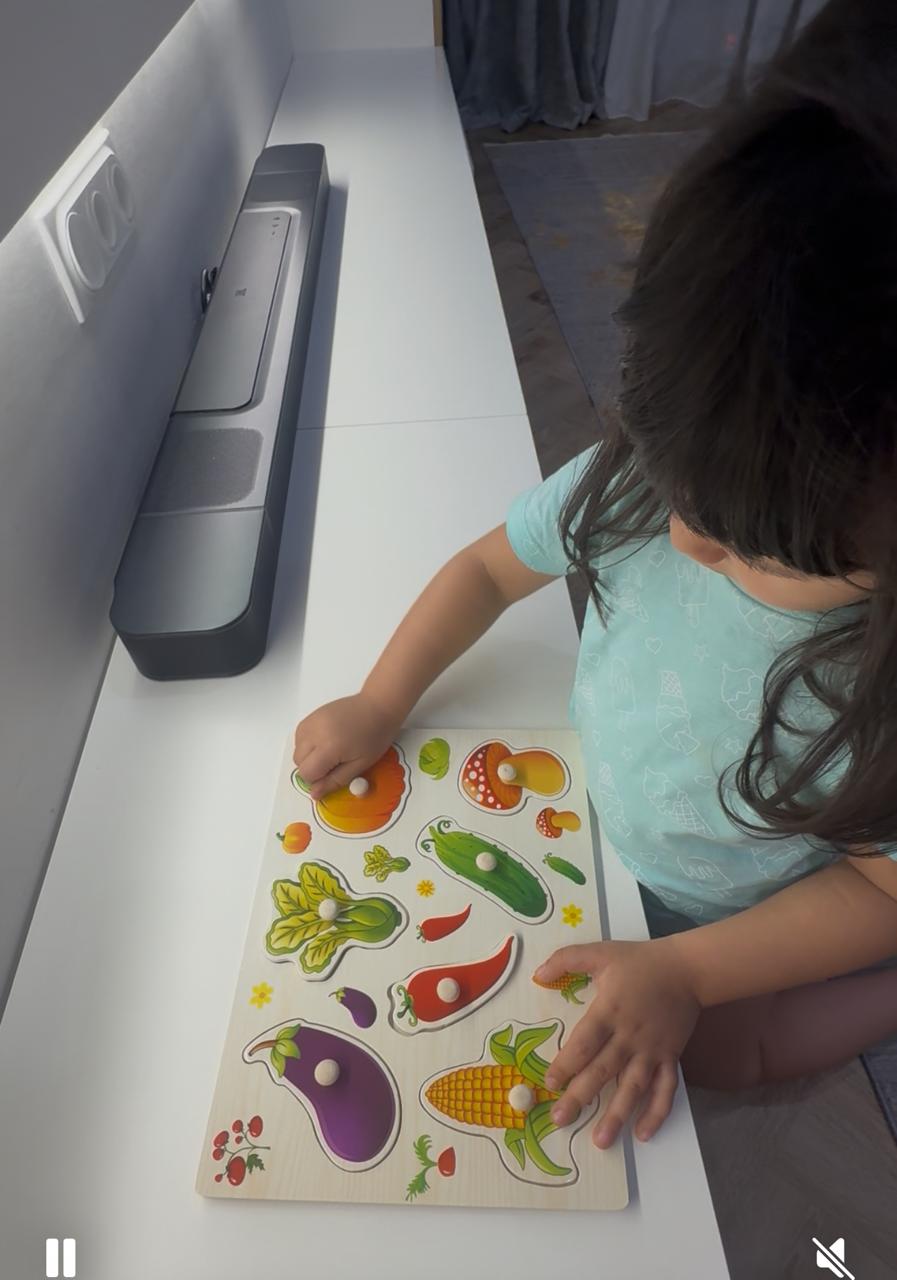Why Do Children with Autism Avoid Eye Contact?
Lack of eye contact in children with autism is one of the most commonly observed behavioral manifestations of this disorder. The reasons why children with autism may avoid eye contact can vary widely.
Why do children with autism avoid looking into others’ eyes? The most common reasons:
- Sensory overload: Children with autism may be more sensitive to sensory stimuli, and eye contact may be perceived as overly intense or unpleasant. Looking into someone’s eyes may cause them discomfort or sensory overload.
- Difficulties in social interaction: One characteristic feature of autism is difficulty in understanding social cues and interacting with others. Eye contact is often considered an important component of social communication, and some children with autism may struggle to use or interpret it.
- Inability to interpret emotions: Some children with autism may have trouble recognizing and interpreting emotions and facial expressions. This may lead them to avoid eye contact, as they do not understand how to properly react to others’ facial expressions.
- Cognitive features: Learning and processing eye contact may require significant cognitive effort, which can be challenging for some children with autism. They may focus on other aspects of the environment or their own interests and find eye contact secondary.
- Attention concentration: For some children with autism, maintaining eye contact may distract them from completing other tasks or focusing on a specific activity. This could lead them to avoid eye contact to better focus on a task or stimulus.
- Individual differences: Every child with autism is unique, and their behavior may depend on individual experience, development, and the level of support they receive. Some children may improve their eye contact skills over time, especially if they receive the appropriate support and training.
- Differences in brain activity: Research shows that people with autism may have differences in brain activity that affect how they process social information, including eye contact. These neurobiological differences may explain why some children with autism avoid eye contact.
Symptoms of Autism in Children
Parents need to pay attention to how autism manifests in a child from an early age (starting from 2 years old) to begin corrective therapy as soon as possible. Early symptoms of autism include:
- Lack of speech: The child may be completely nonverbal (nonverbal autism) or have a limited vocabulary.
- Socialization difficulties: The child does not make eye contact, does not respond to his name, and does not understand certain requests.
- Stereotypical behavior: Repetitive play scenarios, specific limited interests.
- Difficulty adapting: The child is sensitive to changes in the environment and experiences stress when routines change or in new situations.
- Sensory sensitivity: Reduced or heightened sensitivity to sensory stimuli (sounds, light, texture of clothing).
- Lack of social interaction and understanding of others’ emotions.
If your child has been diagnosed with autism or ASD, it’s important to know that there are currently effective methods for correcting this condition. At the Mardaleishvili Medical Center, stem cell transplantation has been successfully used for over 10 years for children with autism, achieving very good results.
Give your child a chance to overcome autism – schedule a consultation with our specialists.
Autism Treatment Center Videos
Autism treatment with own stem cells
Cord blood association congress
International Quality Crown
Autism Treatment Reviews
Autism treatment with own stem cells
The story of Alessandro (6 years old)
Autism Patient Testimonial - Stem Cell Treatment
Clients Testimonials

Anna – Sasha’s mother Read More

Amirkhon’s father — Tokhir Read More

Dilana’s mother Read More

Irina and Stefan – Ilya’s parents Read More

Kristina – mother of Nelly and Nik Read More












